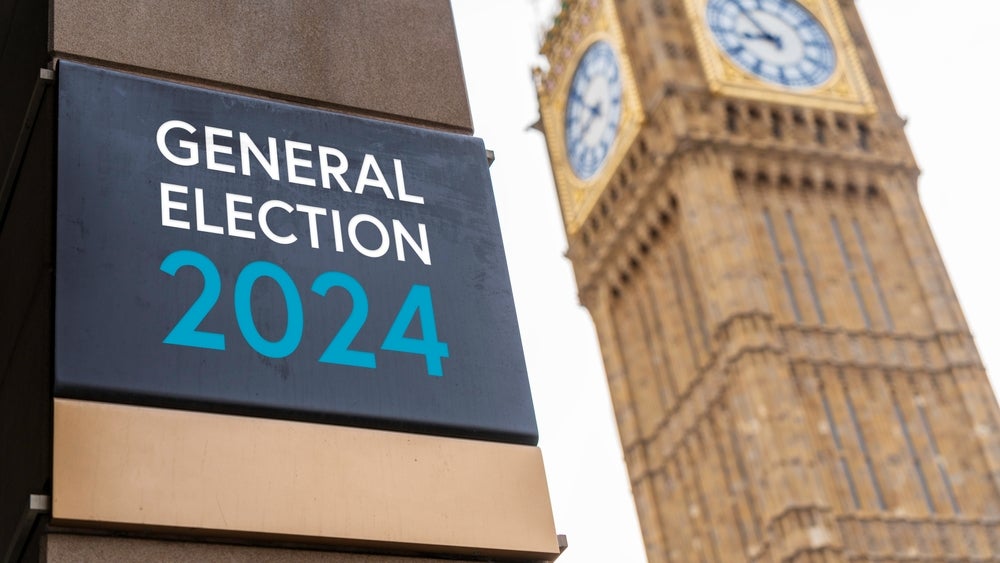As UK voters head to the polls on July 4th to elect a new government, SME businesses continue to face economic challenges. John Phillipou says the new administration must prioritise stabilising the economy and fostering SME growth in the second half of 2024.
Despite the start of 2024 looking like it may be the turning point in the economy, the first six months of the year, unfortunately, did not bring about the positive change for SME businesses that many thought it would.
In January there seemed to be a renewed sense of optimism as we entered the new year, it felt like a year of change. Rates of inflation had started to fall towards the end of 2023, and in January mortgage rates began to decrease – a good indicator of the economy starting to recover after a shaky end to 2023.
However, as the year progressed it soon became clear that inflation would come down in a bumpy manner, dashing any hopes of an early Bank of England Base Rate cut. Stubborn inflation around services and wages concerned Threadneedle Street.
As we progress into the second half of the year, SME businesses are still dealing with the aftershock of the rapid inflationary pressures of the post-Covid world, but things feel a little more positive.
We are starting to see business confidence return, for instance, there’s been growth reported in the UK construction industry, with S&P’s global Purchasing Manager Index reporting that construction activity rose at its fastest pace in two years in May.
This is good news after poor weather conditions at the beginning of the year negatively impacted construction figures, with many businesses unable to work due to wet weather and severe floods in some areas, but now the warmer months have arrived work on site has been able to resume at last.
Further to this, the Bank of England is also looking more likely to reduce the base rate over the next few months, especially after seeing the European Central Bank making the move to reduce its interest rate to 3.75%, which is an encouraging sign.
We will also have a new Government. What is clear is that the new Government will have to continue to work hard to stabilise the British economy after the past few years, as well as introducing new policies to encourage growth for SME businesses.
We have certainly seen our customers displaying resilience and looking to invest. We recently reported a 4.5% increase in new lending for the first half of our financial year and our pipeline is looking strong.
SME businesses are vital to the British economy. After nearly a decade of turbulence, we want to see them flourish and drive the economy to growth. Hopefully, we have turned that corner.
John Phillipou is the Managing Director of Paragon Bank’s SME Lending division
UK General Election 2024: party policies under scrutiny as poll date nears








